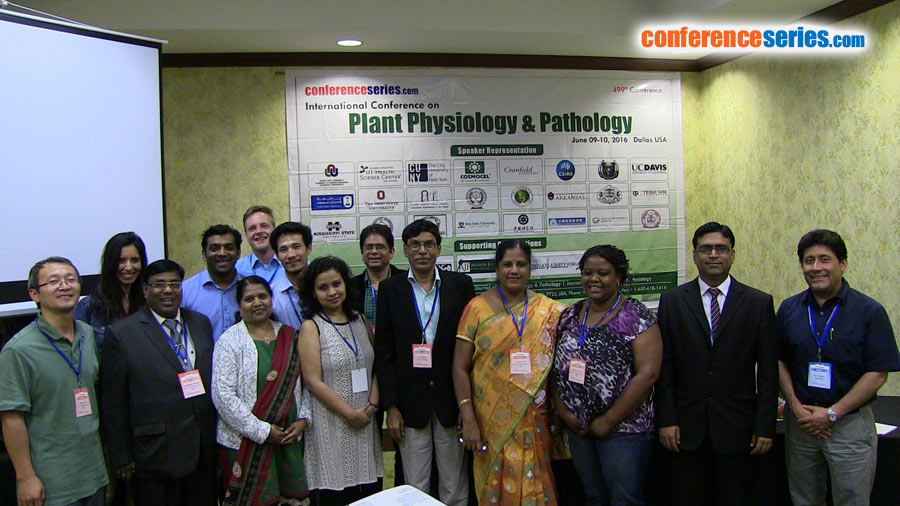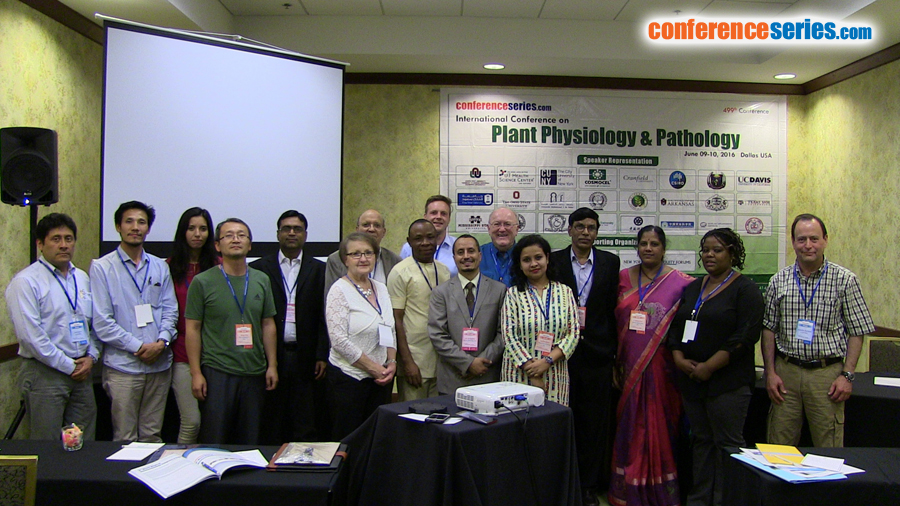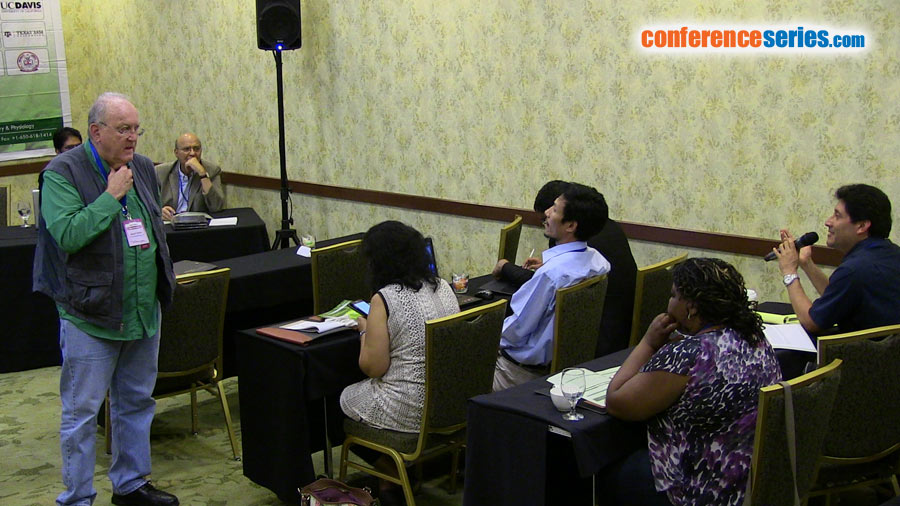Md Rais Uddin
University of Hohenheim, Germany
Title: In vitro screening of salt tolerant genotypes in tomato (Solanum lycopersicum L.)
Biography
Biography: Md Rais Uddin
Abstract
Soil salinity is one of the most important abiotic stress that limit crop production. Tomato (Solanum lycopersicum L.) is moderately tolerant to salinity and is typically cultivated in regions that are exposed to soil salinization. The aim of the study was to characterize phenotype response to salt stress under in vitro conditions of 14 tomato genotypes BARI Tomato-2, BARI Tomato-11, BD-7260, BD-7290, BD-7295, BD-7286, BD-7269, BD-7258, BD-7289, BD-7292, BD-7291, BD-7302, BD-7301, and BD-7762. Tomato seeds were cultured with 0 mM (control), 50 mM, 100 mM, 150 mM and 250 mM NaCl in nutrient solutions. The effect of the stress applied on the morphological traits was evaluated in 9 day-old seedlings. The analysis of variance showed that the highest root length was grown on 50 mM NaCl solution. The shortest root length was observed entries BD-7260 at 250 mM. Longer roots (11.6 cm) were developed by the plants from the solutions containing 50 mM NaCl in entries BD-7302. NaCl concentration in the medium significantly affected the root length and plant weight of tomato. Genotypic distribution of weight LS means revealed that genotypes BARI-2 and the Line BD-7292 is the highest performed and the Line BD-7762 is the lowest performed. These findings indicated some salt tolerant tomato genotypes which will be promising for future hybridization program. Analysis of novel genes as well as some previously identified genes such as PIPs, LTPs, AGPs, PRPs, GRPs etc. which showed protective roles in different abiotic stresses to other crops is quiet necessary and the presence and expression pattern of those genes in these screened genotypes of tomato will provide powerful information for over-expression of those genes in transgenic plants those will confer salt tolerances to the cultivated tomato varieties.




